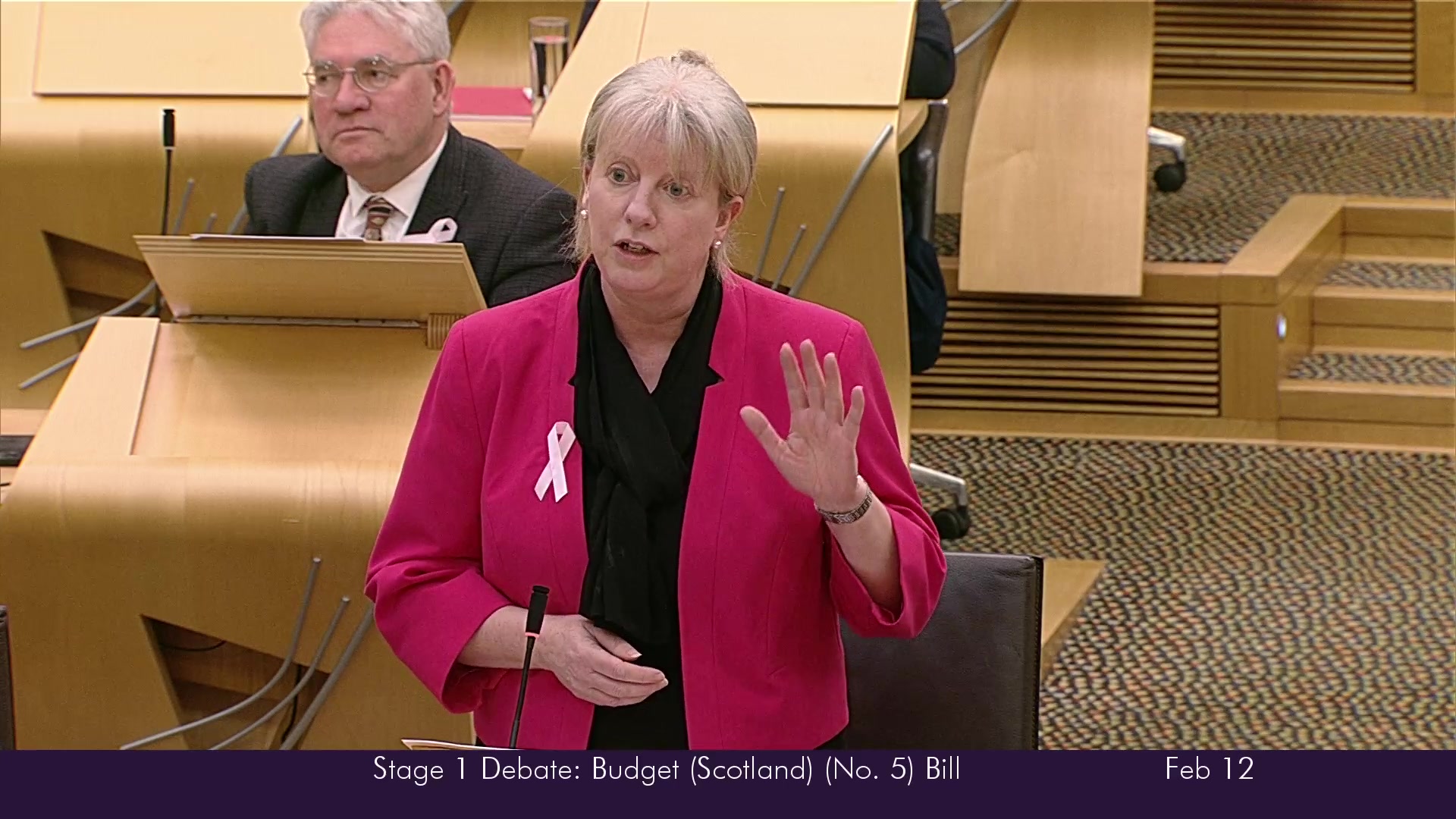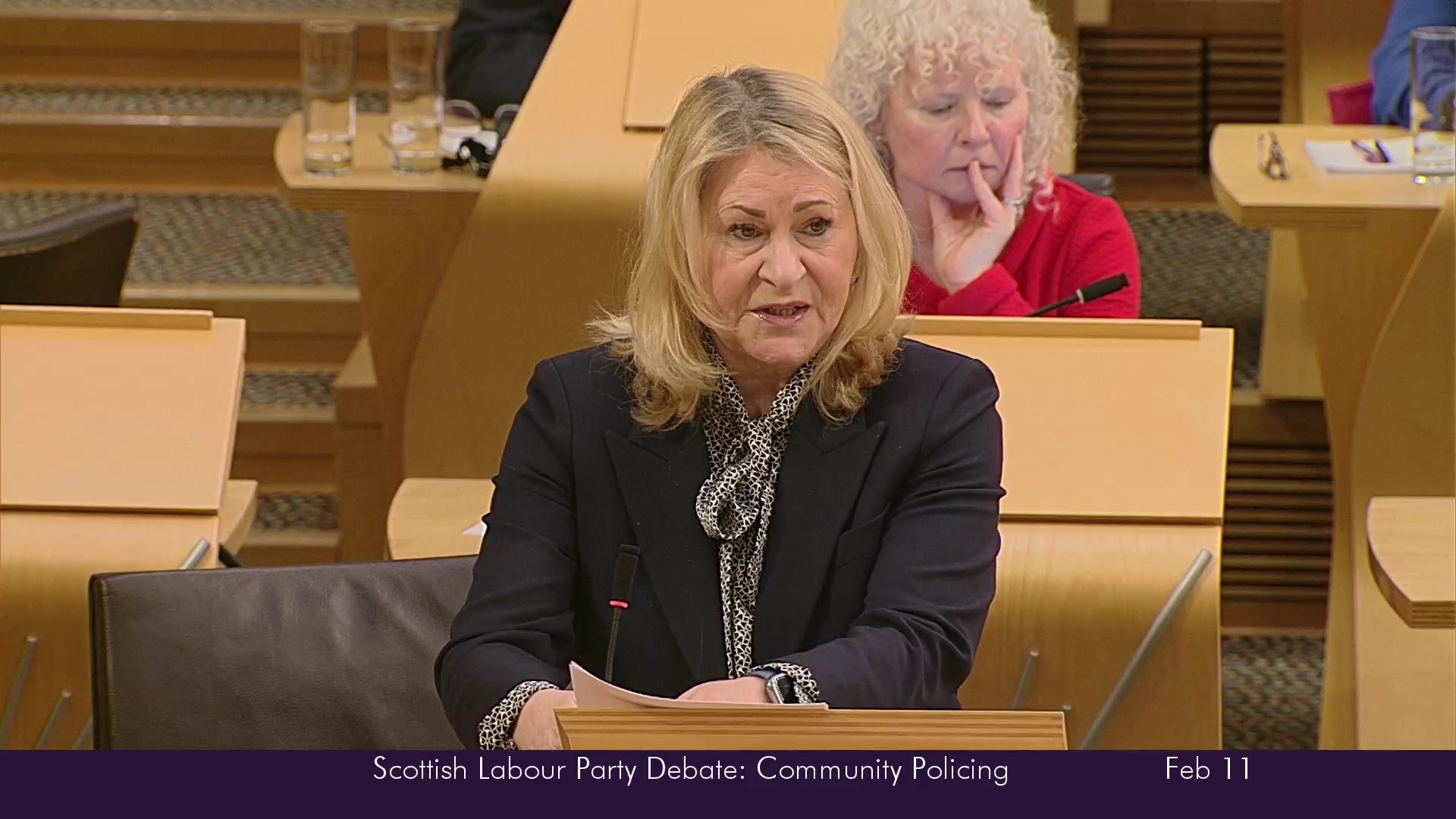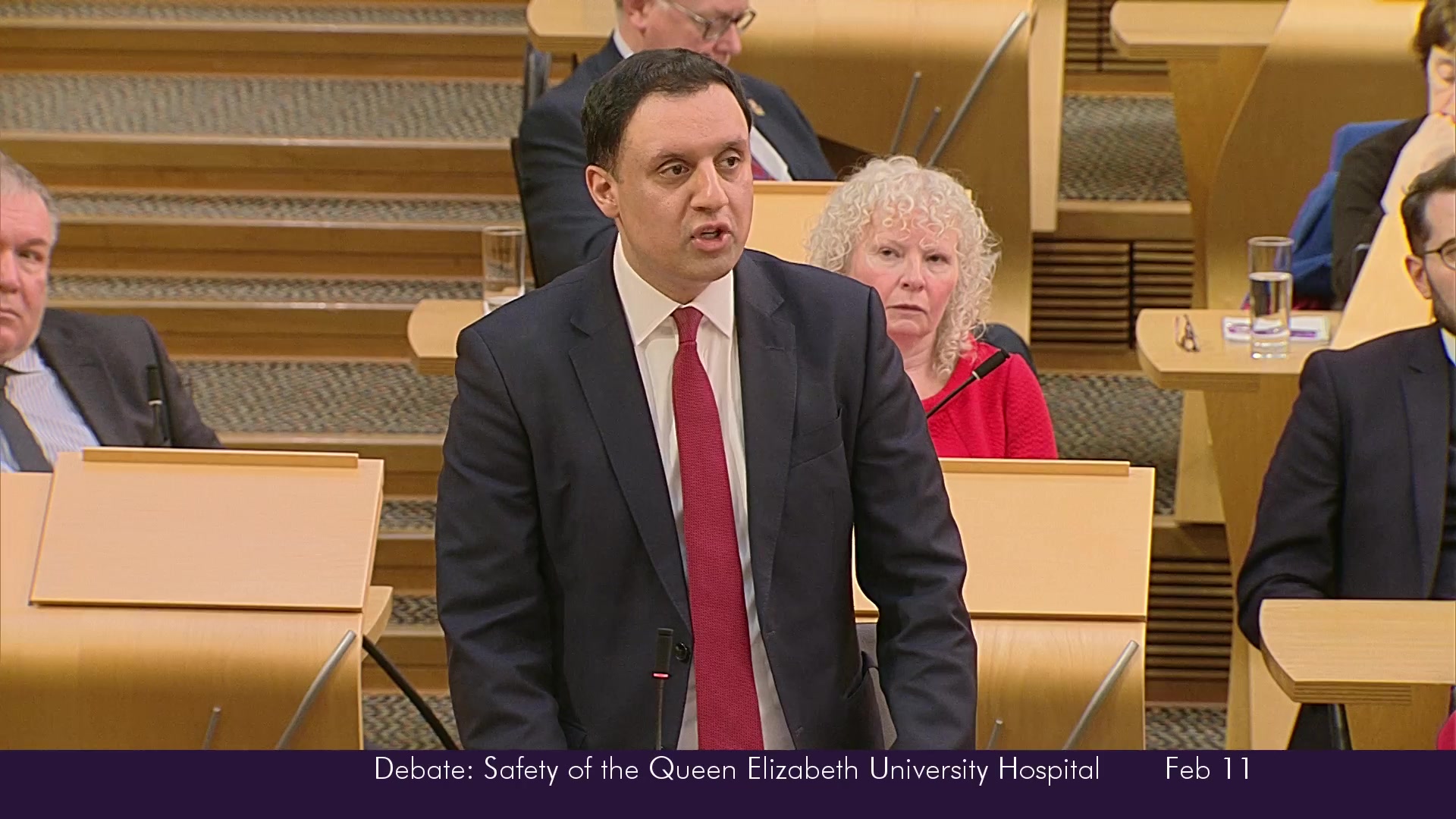Details
Shirley-Anne Somerville S6M-08291 That the Parliament recognises the wide range of courses, including vocational and technical qualifications, on offer to Scotland’s senior phase learners, providing them with a breadth of options to develop their abilities and aspirations in order to reach their full potential; welcomes that Scotland’s secondary school learners are now undertaking a much wider range of courses than ever before, with 27.2% of school leavers in 2021-22 gaining vocational and technical qualifications at SCQF Level 5 and above, compared with just 7.3% in 2013-14; acknowledges that young people undertaking vocational and technical courses and qualifications, often facilitated through school-college partnerships, reflects the strengths of the Curriculum for Excellence and provides learners with the best chance of success in further learning, life and work; celebrates that a record number of young people were in work, training or further study after leaving school in 2022, with 95.7% of school leavers in a positive destination three months after leaving school; acknowledges the significant impact of Developing the Young Workforce (DYW), Scotland’s youth employment strategy, which was launched in 2014; pays thanks to the DYW regional groups and DYW school coordinators for their work in increasing opportunities for, and participation in, work-based learning for young people; recognises that each individual’s learner pathway is different and should be celebrated in equal measure, and commends teachers, schools, colleges, universities, employers and third sector organisations across Scotland for their commitment to improving the opportunities for young people to undertake vocational and professional qualifications in Scotland. Stephen Kerr S6M-08291.2 As an amendment to motion S6M-08291 in the name of Shirley-Anne Somerville (Expansion of Vocational and Technical Qualifications in Scotland’s Secondary Schools), insert at end “; urges the Scottish Government to take immediate steps to address the shortage of teachers in STEM subjects; notes the verdict of the recent report published by the University of Stirling and the Nuffield Foundation, co-authored by Marina Shapira, Mark Priestley, Tracey Pease-Hughes, Camilla Barnett and Michelle Richie, titled Choice, Attainment and Positive Destinations: Exploring the Impact of Curriculum Policy Change on Young People, on the negative consequences for young people from curriculum narrowing in relation to attainment, transitions, the subsequent study in school, and destinations beyond school; acknowledges that the Scottish Government Social Research report on The Impact of Scotland’s Developing the Young Workforce Strategy on Education calls for teachers to be afforded the capacity to develop and implement work-based learning and feel confident to build in work-based learning across the curriculum, and calls on the Scottish Government to support a national campaign to raise awareness of the support available through DYW, involving the full range of national employer organisations, and a common core set of services and opportunities, outlining the advantages of participation for employers; calls on the Scottish Government to provide further support to employers to engage with young people with additional support needs to create employment opportunities; believes that the Scottish Government should tackle the disparity of esteem between different post-school pathways by raising awareness of the range of qualifications and routes to work that are valued by employers; recommends that the Scottish Government works with Skills Development Scotland (SDS) and the DYW programme to ensure the creation of person-centred digital careers services, leading to a flexible and personalised career service offer, and urges the Scottish Government to use its forthcoming Purposes and Principles statement to provide clear strategic direction to Scotland’s colleges as to what it expects and needs colleges to deliver. Michael Marra S6M-08291.1 As an amendment to motion S6M-08291 in the name of Shirley-Anne Somerville (Expansion of Vocational and Technical Qualifications in Scotland’s Secondary Schools), insert at end “; notes with concern the findings of the recent report published by the University of Stirling and the Nuffield Foundation, which found that curriculum narrowing and a reduced choice of school subjects under the Curriculum for Excellence is affecting outcomes for Scotland’s young people, with those attending schools in areas of high deprivation most affected; understands that broadening learning and training opportunities for Scotland’s pupils cannot happen effectively without proper resourcing from the Scottish Government; recognises the important role that colleges play as providers of vocational and technical training opportunities and considers this role to be even more important considering the narrowing of subject provision in schools; calls on the Scottish Government to provide urgent clarity on whether additional resources for colleges in the 2023-24 budget will be mainstreamed or for what purposes this funding can be used; further calls on the Scottish Government to urgently publish the promised Purpose and Principles of Post-School Education, Research and Skills report to afford colleges strategic direction at a time when they are considering budget decisions, and calls on the Scottish Government to deliver genuine reform to Scotland’s education system, ensuring that all young people have access to vocational qualifications in a school setting, and delivering parity of esteem between academic and vocational qualifications in Scotland.
To share or download a clip: Set the start of the clip by seeking the video, then click Set start point. Repeat for the End point.
Share
Download
Preview



